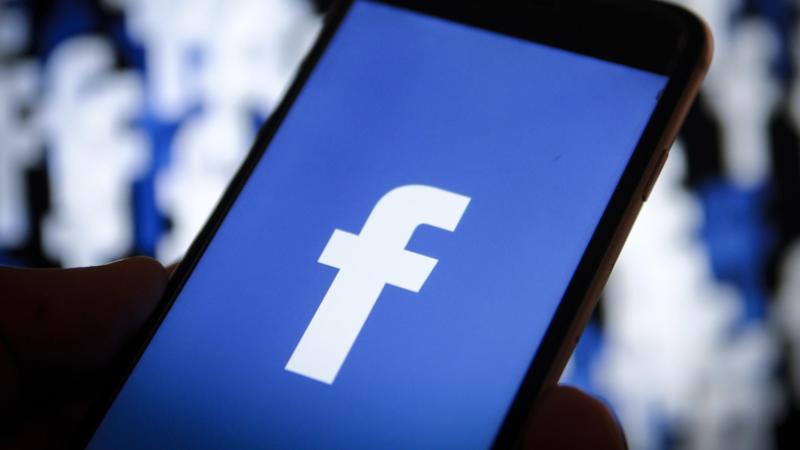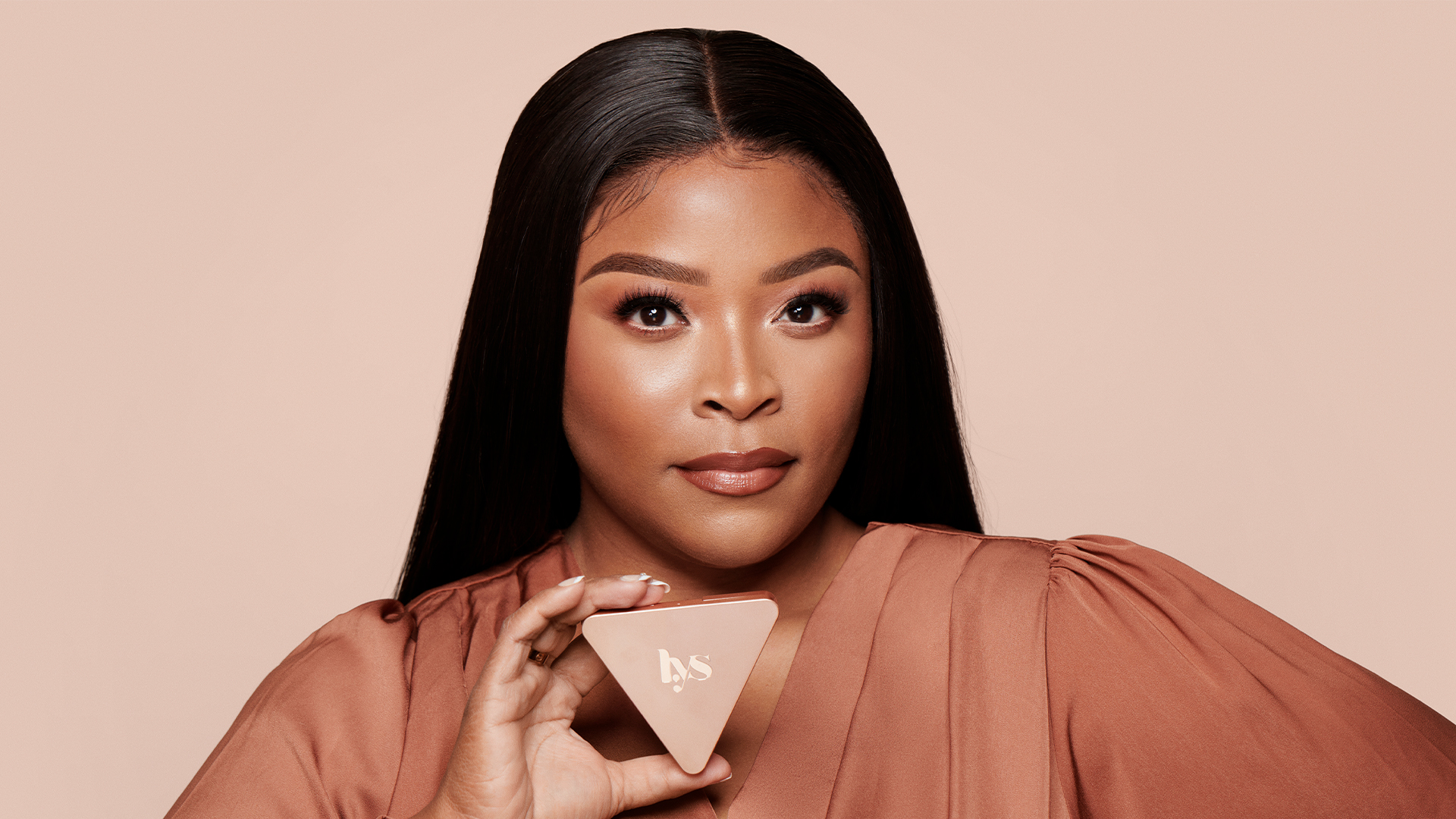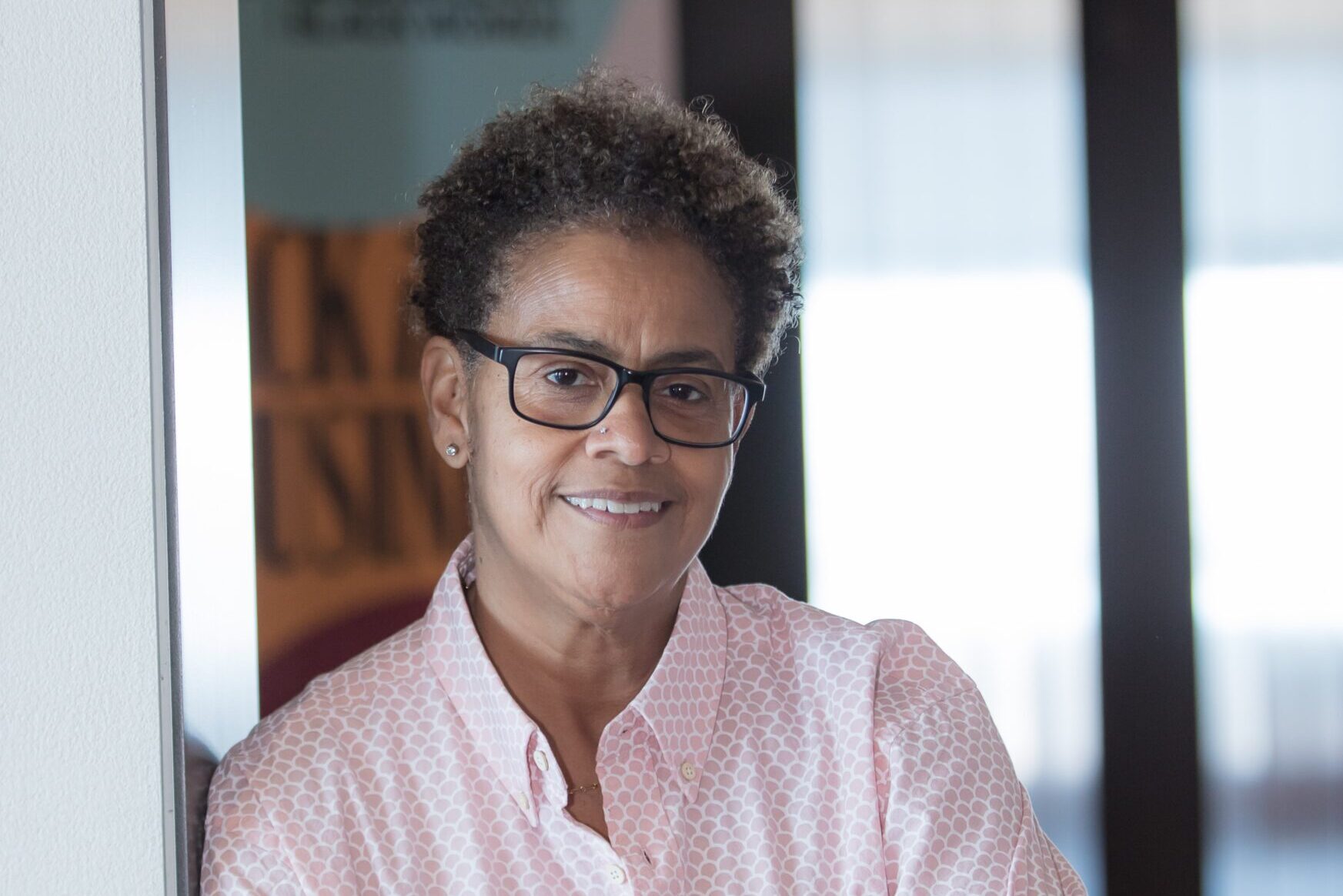A former Facebook manager posted a memo today accusing the company of having a problem with diversity, specifically one with black people.
Mark Luckie, the former Strategic Partner Manager for Global Influencers Focused on Underrepresented Voices, sent the memo to all Facebook employees on November 9 and reposted the message on the platform today.
“Facebook doesn’t have an excuse to not change,” Luckie told AfroTech. “This was my way of saying there is a way to change and this is how you do it.”
Luckie highlighted some of the internal and external issues the company has with handling diversity.
“Black people are finding that their attempts to create “safe spaces” on Facebook for conversation among themselves are being derailed by the platform itself,” Luckie said in the memo. “Non-black people are reporting what are meant to be positive efforts as hate speech, despite them often not violating Facebook’s terms of service.”
Luckie told AfroTech that he decided to write the memo after speaking with various black employees at Facebook who had similar worries. He noted that many black people within the company end up leaving because they feel alienated and these feelings are now transcending to black Facebook users.
“There’s a number of reasons to delete Facebook,” Luckie said. “If you don’t feel like Facebook has your back when you’re trying to have conversations on its platform, then you’re just going to go elsewhere.”
Luckie said that although diversity hires are helpful, they are not the “cure-all” for Facebook’s problem.
“Inclusion should be a team effort. It is not enough to simply hire people to focus on diversity,” Luckie said. “Everyone on teams whose work focuses on varied cultural backgrounds should be responsible for ensuring the outcome of their work is representative of those groups.”
Luckie also mentioned that Facebook has created a facade of an inclusive space and that racism is rampant in its offices. Those who are on the receiving end of bigotry often hit a dead end when reporting issues to human resources.
In the memo, Luckie mentions incidents where he encountered microaggressions at the company and how other black employees were discouraged from joining and attending black events and groups.
“To feel like an oddity at your own place of employment because of the color of your skin while passing posters reminding you to be your authentic self feels in itself inauthentic,” Luckie said in the memo.
Luckie provided 10 suggestions for strategic plans and analytics that would help Facebook improve diversity and inclusivity in its offices and on its platform. He said that he also gave the suggestions on a team level while with the company.
“It wasn’t seen as a priority,” Luckie said. “Part of the reason I ended up leaving is that there were other black people in various areas of the company that were having the very same issues, so it was a systemic thing.”
The memo highlights some of the bigger issues with diversity in the tech space. Companies like Lyft, Uber, Google and Amazon have diversity initiatives across, but haven’t really moved the needle.
“Facebook has done a good job at convincing itself that it is inclusive,” Luckie said.
In a statement sent to Afrotech, a spokesperson for Facebook said the company is doing its best to be an inclusive company.
“Over the last few years, we’ve been working diligently to increase the range of perspectives among those who build our products and serve the people who use them throughout the world,” Anthony Harrison, Facebook spokesperson. “The growth in representation of people from more diverse groups, working in many different functions across the company, is a key driver of our ability to succeed. We want to fully support all employees when there are issues reported and when there may be micro-behaviors that add up.”
















